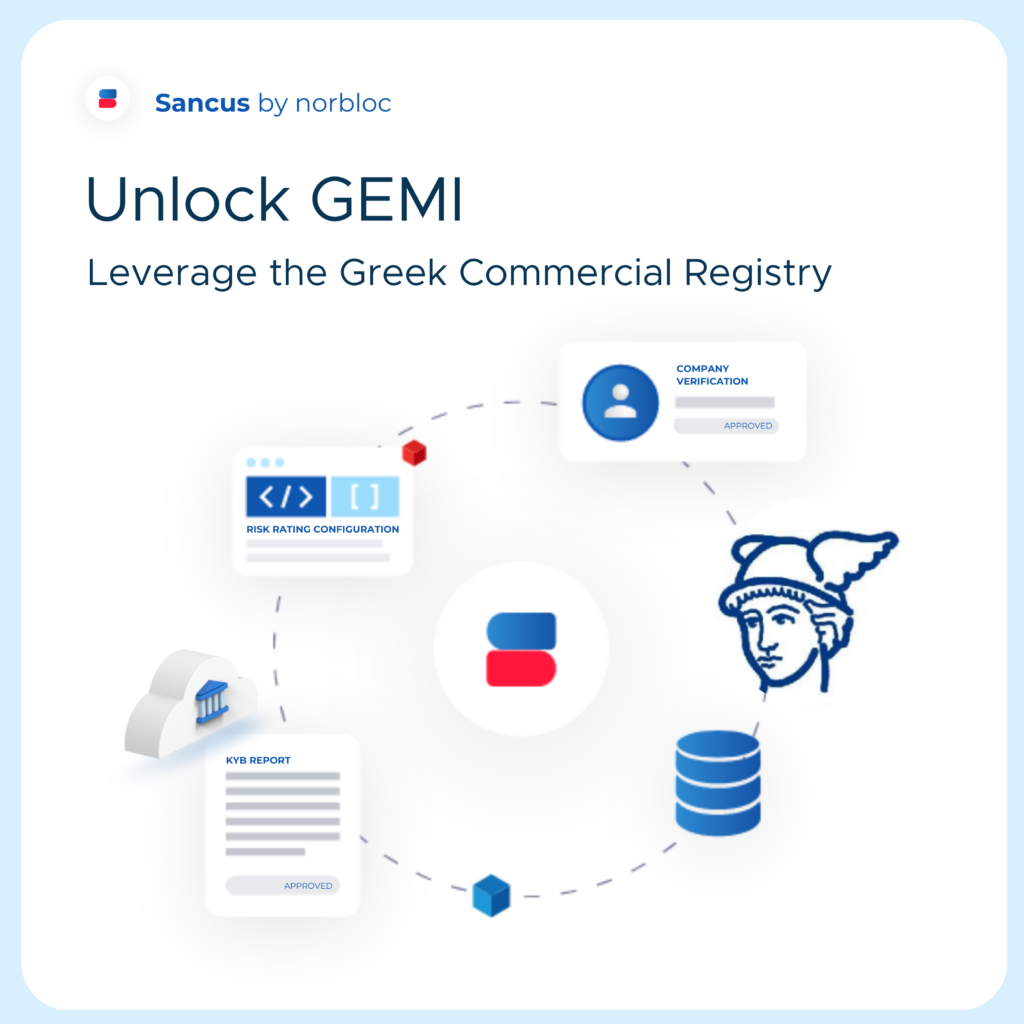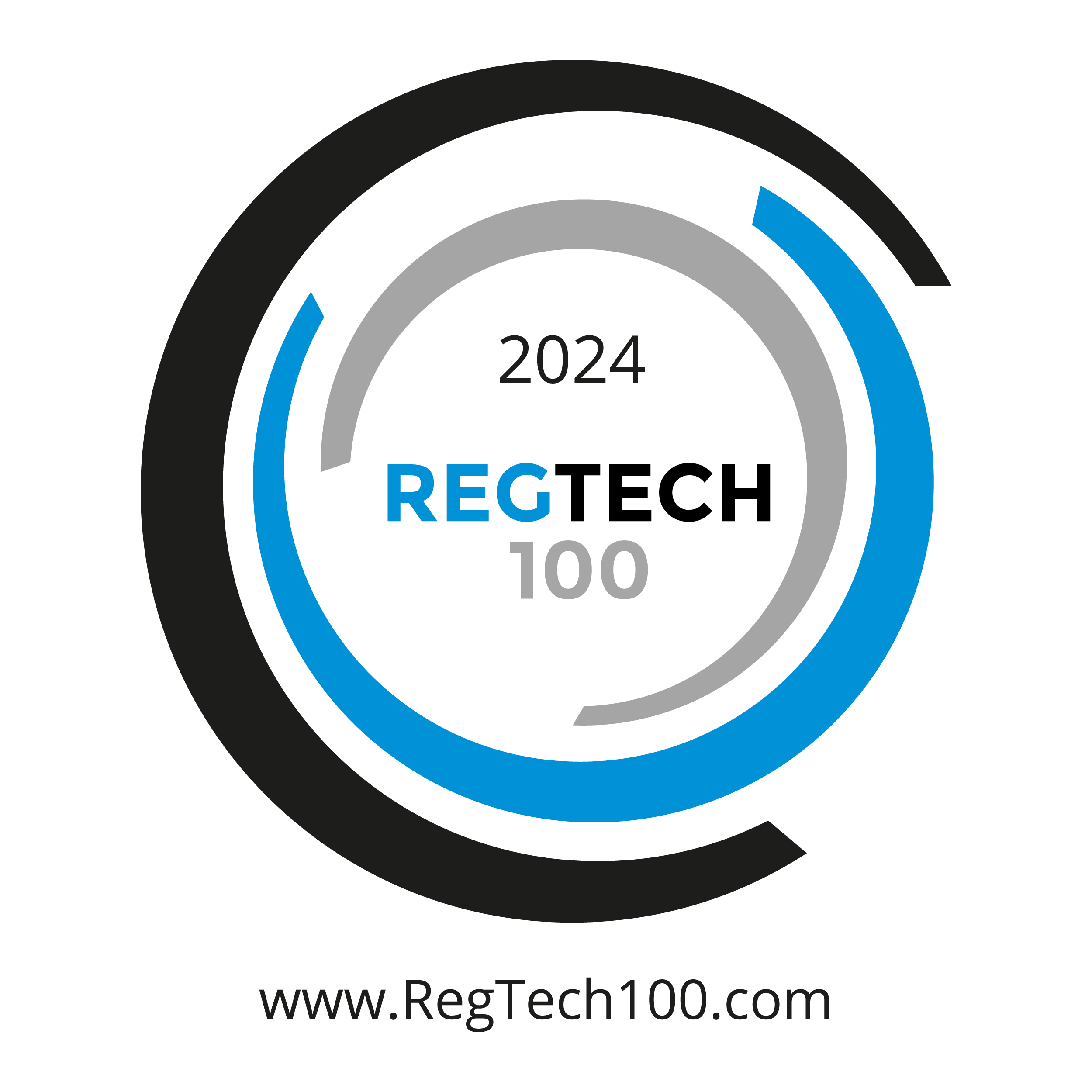Heading into the summer, the norbloc newsletter is taking a look back at the last three months, presenting the industry news worth knowing, such as the latest from the Financial Action Task Force (FATF) on the new jurisdictions warranting increased monitoring, regulatory updates and ongoing challenges to AML compliance and fraud.
Across the globe, we see alarms going off for heightened fraud challenges. In a recent study by Deloitte’s Center for Financial Services, predictions are made that generative AI could enable fraud losses to reach US$40 billion in the United States by 2027, from US$12.3 billion in 2023 — a compound annual growth rate of 32%. Deloitte calls out the democratization of nefarious software for its potential to magnify both the nature (take deepfakes for example) and the scope of fraud. Similarly, the UK is experiencing an increase in purchase scams and romance fraud — more on that below.
And, read on to hear from norbloc’s CEO, Astyanax Kanakakis, regarding KYC trends in Greece, digital solutions for AML compliance and our newest integration with the Greek Commercial Registry, GEMI.
💡Industry news worth knowing
The FATF Grey List
The FATF concluded its sixth and final plenary under the presidency of T. Raja Kumar of Singapore on June 28, 2024 after three long days with delegates from over 200 jurisdictions to discuss critical issues regarding money laundering, terrorism financing and other financial crime.
Once again the FATF urges entities to adopt a risk-based approach when aligning their risk analysis and due diligence with recent changes to the FATF grey list. These changes include the addition of two new jurisdictions under increased monitoring — Monaco due to insufficient progress in combating illicit financial flows, and Venezuela for money laundering concerns linked to illegal mining. Additionally, Jamaica and Turkey have been removed from the grey list.
🔗 Read more: 6th FATF Plenary Outcomes
In our Q1 newsletter, we were happy to announce the removal of the United Arab Emirates from the FATF grey list earlier this year. Now, Members of the European Parliament are questioning this decision following revelations that link Dubai’s real estate sector to an influx of money laundering and criminality from illicit drugs to terrorism financing. There has yet to be an official government response from the UAE, however an unnamed government official assured:
“In its continuing pursuit of global criminals, the UAE works closely with international partners to disrupt and deter all forms of illicit finance. The UAE is committed to continuing these efforts and actions more than ever today and over the longer term.”
🔗 Uncover the whole story
The new Money Laundering Challenge
The European Banking Authority (EBA) has identified new money laundering and terrorist financing vulnerabilities due to divergences in the issuance and regulation of virtual IBANs (vIBANs) across the European Union.
The main concern arises from the fact that there is no legal definition of vIBANs at EU level, and no uniform understanding across national authorities or the industry of what vIBANs are, which leaves all associated players exposed to unknown risks.
The lack of visibility for national authorities, but also payment service providers means that they are unable to assess the adequacy of the controls implemented to mitigate the risks arising from vIBANs.
Luckily, the forthcoming AML Regulation will include a definition for vIBANs as regards to the AML/CFT framework, which is a start to implementing the recommendations put forward by the EBA and tackling undue risk.
🔗 Read the EBA Report
Frankenstein Identities and Fraud
Fraud remains of high concern in the UK with over £1 billion stolen by fraudsters in 2023. Despite signifying a 4% decrease compared to 2022, the volume of scams remain significantly high, with new technologies aiding bad actors. In 2023, the total number of authorized push payment (APP) cases increased by 12% with purchase scams and romance scams as the main drivers.
Great cause for concern are recent scams associated with deepfakes and Frankenstein identities made up of real and fabricated identity data used to spoof credit checks to commit high-value fraud — LexisNexis estimates this could cost the British economy £4.2 billion by 2027.
Another challenge is the recovery of losses in APP fraud cases as only 62% of total losses are returned. This is a stark comparison to unauthorized fraud for which victims are legally protected and reimbursed in full in more than 98% of the cases.
Ben Donaldson, Managing Director of Economic Crime at UK Finance, made a statement underlining the importance of regulation and technology in the fight against fraud, stating:
“The financial services industry remains at the forefront of efforts to protect customers, prevent fraud and support those who fall victim. With reimbursement rules set to change we risk even more money getting into criminal hands, unless the technology and telecommunication sectors take proper action to stop the fraud that proliferates on their platforms and networks.”
🔗 Read more from UK Finance
📌In case you missed it…
The ATHEX Tech Summit




In June we had the pleasure of sponsoring and participating in the ATHEX Tech Summit, Navigating the Future Through Technology, organized by the Athens Exchange Group.
Participating on a panel regarding digital solutions for meeting regulatory and compliance needs, Astyanax Kanakakis, Co-Founder and CEO at norbloc, highlighted a few trends in the AML sector worth noting:
- More and more regulation is making the AML legal framework more complex and obliging more entities to implement safeguards and due diligence processes.
- Supervisory bodies are now paying more attention to regulation and compliance with greater scrutiny on entities and so is the press — with more headlining news focusing on money laundering issues both nationally and internationally.
- Consumers, clients and partners are more demanding when it comes to data processing and user experience, with neobanks now having shaped customer expectations to require seamless onboarding processes that are straightforward and time-efficient.
Speaking of KYC and onboarding, the consensus in the panel, but also in the audience was that banks are still not doing enough to disrupt the outdated and repetitive processes they put their customers through. Instead, banks still require their new clients to be physical present for identity verification, and often initiate a complete repetition of document collection and verification when it comes to renewals.
As an antidote to the saturation of manual processes in Greece, the General Secretary for Information Systems and Digital Governance at the Hellenic Ministry of Digital Governance, Dimosthenis Anagnostopoulos, spoke about plans to introduce greater automation and citizen-centric data sharing between public bodies in Greece.
The new Sancus Integration
We are excited to unveil our new integration boosting our data coverage to include up-to-date corporate data from the Greek Commercial Registry via the Sancus orchestration platform without the hassle of manual work.
You can expect to benefit from:
- automated corporate search,
- dynamic data fetching to prepopulate fields,
- and constantly up to date data.

Discover our end-to-end KYC orchestration platform
Find out how our data coverage can fulfill your needs.
Careers at norbloc
norbloc is made up of people with all types of experiences, backgrounds and career paths. We want our team to reflect the diversity of our customer base and the world at large.

Are you looking to make the next step in your career? 📩 Discover more





